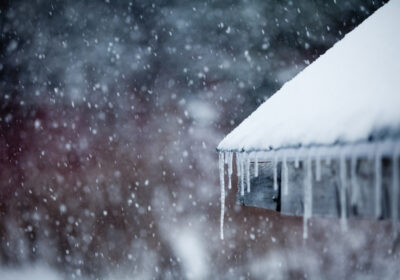
Virtual Condo Inspections: A Game-Changer for Real Estate Agents, Buyers, and Sellers
In today’s fast-paced real estate market, efficiency and thoroughness are key. Carson Dunlop’s new Virtual…

Effective Ways to Divert Water Away from Your Home: Essential Tips for Preventing Water Damage
Water is a powerful force of nature, and when it's not properly managed, it can…

10 Spring Home Projects to Spruce Up Your Space
Spring is the ideal time to breathe new life into your home with these 10…

Condo Home Inspections vs. Single-Family Home Inspections: Understanding the Differences
Explore the vital differences between condo home inspections and single-family home inspections to streamline your…

10 Practical Ways to Improve Air Quality in Your Home
Discover practical methods to enhance indoor air quality in your home. From ventilation and air…

Safeguarding Your Home: Essential Strategies for Home Security (Part 2)
Opt for high-resolution security cameras with night vision capabilities for optimal performance in various lighting…

Safeguarding Your Home: Essential Strategies for Home Security (Part 1)
Your home is more than just a place to live—it's a sanctuary for you and…

Creating an Effective Home Office: Essential Tips for Remote Workers
Creating an Effective Home Office: Essential Tips for Remote Workers With the rise of flexible…

Embracing Efficiency: The Advantages of Smart Thermostats
Smart thermostats offer a plethora of advantages that extend beyond comfort. From energy efficiency to…

Winter Home Maintenance Tips to Keep Your Property Cozy and Safe
Winter brings with it colder temperatures, snow, and ice, which can take a toll on…
